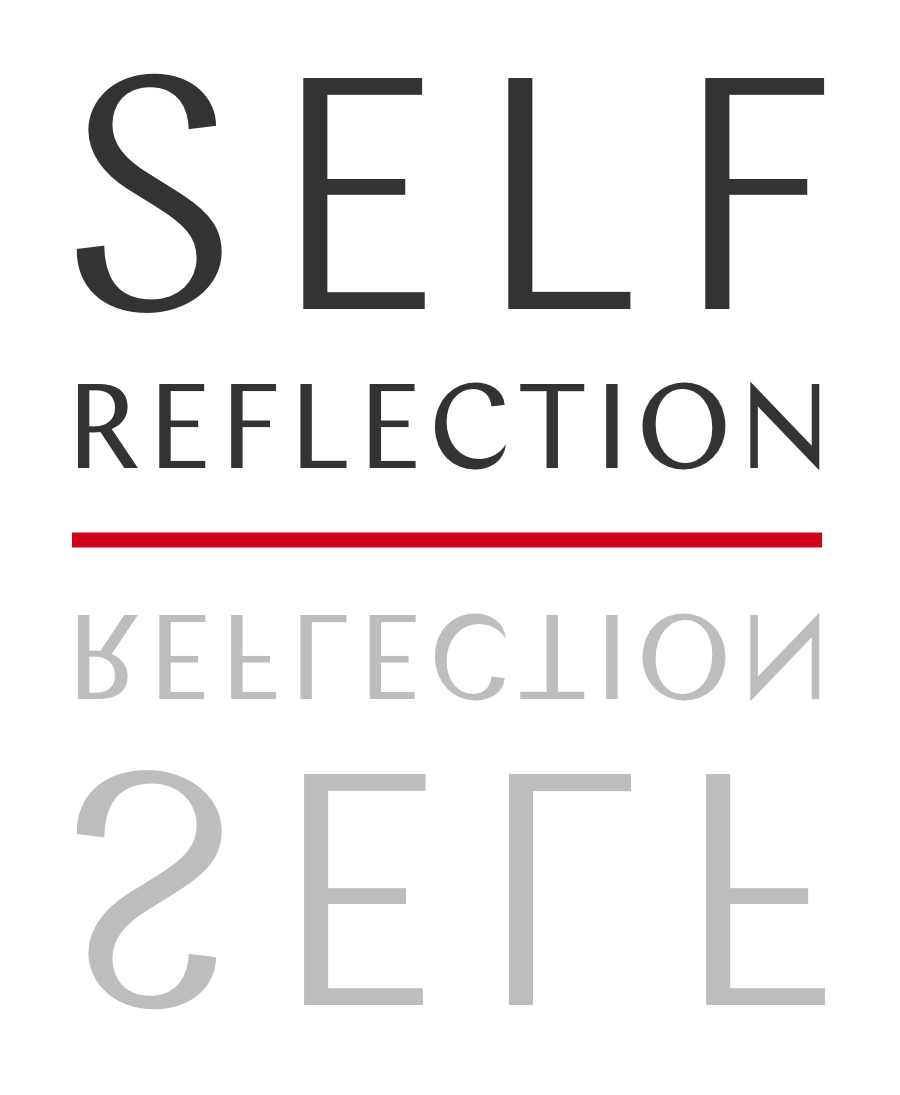
Self/Reflection is a week of stories on the Cut about how we feel, versus how we look.
Our faces peered back at us under the fluorescent bathroom light: a gaggle of 12-year-olds, armed with cherry lip gloss and sparkly purple eye shadow, vying for a spot in front of the mirror. It was the afternoon before the camp dance, and we left the waterfront early so we would have time to shower off the briny lake water, to blow dry our hair and iron it straight, to put on the dresses we’d brought just for tonight. ‘N Sync blared from a boom box, and we groomed maniacally, high on candy and anticipation, a bunch of boy-band crazy fledglings engaged in the timeless pre-teen ritual of glamming it up.
“Who’s next?” called our counselor Angi, patiently wielding the straightener for the fourth girl in a row. She grinned as we primped. “You all look so beautiful!” Today, we believed her.
We all had skin diseases, everyone at camp. At the recommendation of our dermatologists, our parents sent us packing to Camp Discovery in Minnesota for a week. It was an all-too-brief respite from a world that is cruel to children who look different. Even the adults at camp had skin diseases.
Angi, I could see, was proof that you could still be perfect. She was a spirited sorority girl who brought an entire suitcase filled with candy just for us. She designed scavenger hunts that sent us running all over camp; she helped us booby-trap the boys’ cabin and steal their underwear to hang on the flagpole. And she was beautiful: her cascading blonde ringlets bounced when she walked, and she had the type of generous boobs I could only hope to one day grow. Perhaps being a grown woman, I thought, was when you weren’t just a collection of errant parts anymore. Your hair and your breasts and your body all made sense together. You could brighten a room by walking in. You could lift everyone up in a glorious, swaggery swirl.
Even Angi’s skin seemed possessed of that perfect sense of motion: ivory pale and patterned purple-red by the papules that spiraled up and down her arms, legs, and cheeks like a paisley print. If memory serves, it was a condition called Darier’s: a fanned-out army of marks and pocks. It gave her body texture. It turned her soft skin rough.
Each morning in front of the bathroom mirror, Angi fastidiously covered those spots with foundation. She rubbed and dabbed and powdered until you couldn’t see them anymore, her china-doll face now a shade too light. I was puzzled, and a little perturbed. A commitment to makeup at camp seemed impressive; a commitment to makeup at a camp where the bald girls abandoned their wigs and the kids allergic to the sun went swimming and the scaly girls let people see them and you were free, for a week, because nobody cared — it was incongruous. Plus she was so beautiful. Why cover up?
I suppose on some level I did understand. My eczema, always so scabby and red, invited questions I didn’t want to answer. Are you sunburned? Do you have chicken pox? Is it contagious? “Yes,” I’d sometimes answer vengefully, willing the intrusive question-asker to squirm away. Their curiosity was like a thousand daggers pointed right at my skin, proof that normal was something I wasn’t. Ignore them, my parents counseled. Use your words, your brain. So I threw verbal barbs for awhile: it was the only way I could think to respond to pernicious inquiry about what was wrong with my face.
I went to two cocktail parties one weekend in my mid-20s. It was early summer, and my skin was on fire. At each gathering a middle-aged lady — with their drapey clothes and chunky jewelry and enlightened sense of social justice, trumped, in that moment, by entitled curiosity — demanded to know what had happened to my skin. I really didn’t want to tell them. And I wasn’t 12, so it was harder to be rude. Only then did it occur to me to stymie their questions by adding makeup to my arsenal. I could camouflage my skin back to normalcy. I could powder on my very own border wall.
Now when I get dressed each morning, I want you to believe me. These jeans say I’m low-key. This blouse: I’m interesting. These earrings: well-traveled. And then there is the matter of tending to my face. Yesterday it was a dry and desolate moonscape, fissures and ravines slicing my eyelids, lips and ears. Tonight its dry flakes will slough off, collecting on my collar like cut grass, like new snow. Tomorrow it will blaze, red and defiant, like the surface of the sun, so angry it begins to weep. Are you brave enough to know its full story? And am I brave enough to tell?
Usually, no. I don’t want to tell you what it’s like to feel boiled alive as you wince your way into the bathtub because your skin is so raw, what it’s like to itch so intensely you cannot think. I’m not going to share the best way to get Vaseline spots out of your clothes, or blood stains off your sheets. I’m not going to tell you how it feels when your husband sees you, naked and shivering, defeated after a bath. How he reaches into a tub of cream and gently rubs it on your arms and legs and back.
I think of Angi: so beautiful and kind, with her carefully powdered face. Perhaps her make-up afforded her a much-needed privacy. A week at summer camp would not keep the future questions at bay, could not make her stop with the powder and foundation. She’d just have to go back into the world and put it all back on.
So I take out my tools: liquid foundation. Concealer. Powder. I put them on without finesse. I can’t undo the march of time and disease pinwheeling across my face, but I can cloak it from view. My skin still flakes and blazes. But maybe, with makeup, you’ll notice it less.





